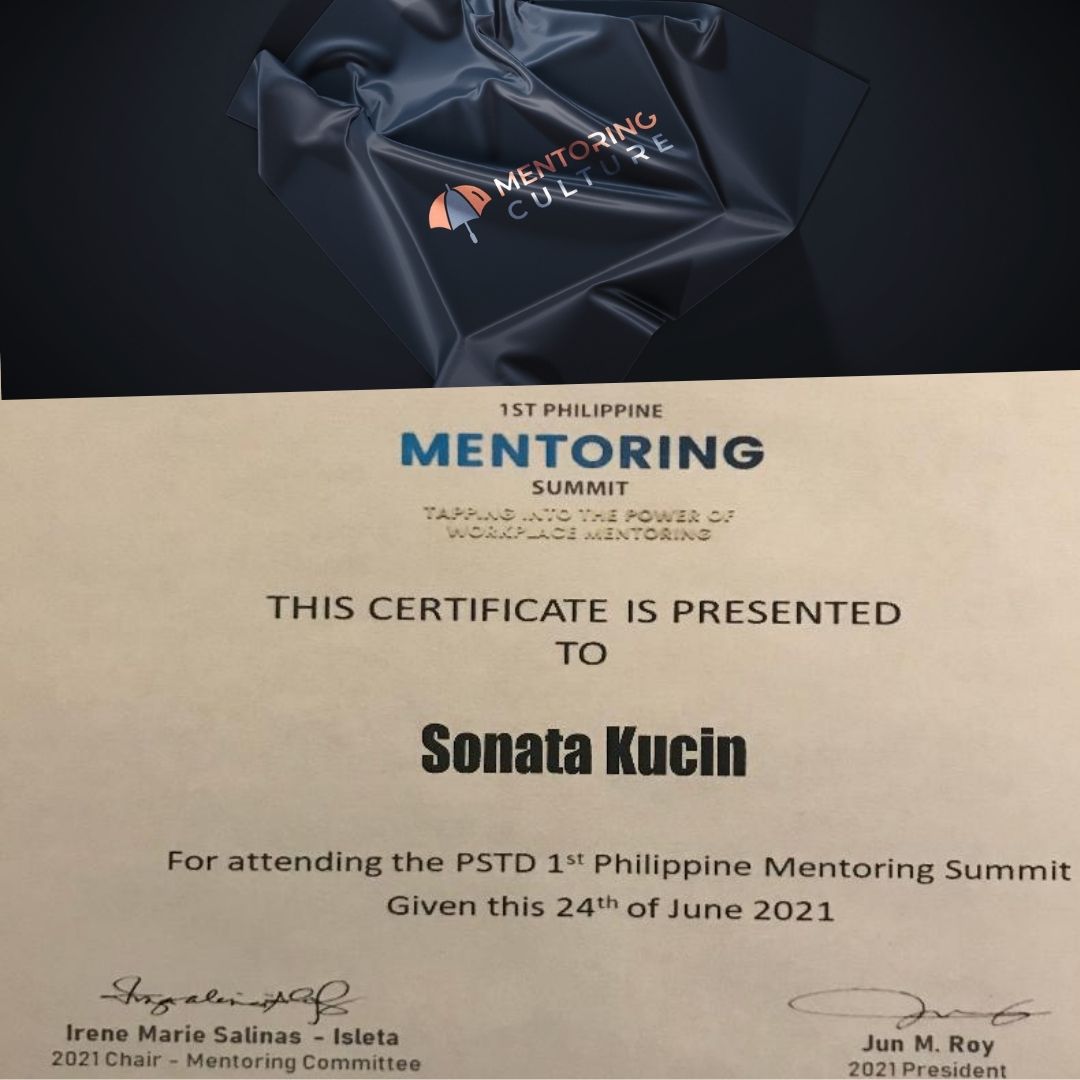
Does your nationality determine the success of a mentoring relationship?
Mentor and mentee competencies.
Mentoring Culture II
I attended the Philippines’ first mentoring conference on organizational mentoring in the summer, called “Tapping into the Value of Mentoring in the Organization.”
During the conference, a thought told by one presenter stuck with me. She said that Filipinos are all-natural mentors. That to be a mentor is the characteristic of their culture.
The only questions that they ask in their country about mentoring are about organizational mentoring.
Organizations need the knowledge of how to create a successful mentoring program and link it to its strategic goals. But neither the mentor nor mentee need to learn how to mentor others or to be a mentee.
This reminded me of an earlier conversation I had with a colleague who works extensively in mentoring. She mentioned some examples of her work with a few mentors from certain countries and talked about how it seemed as if mentoring was encoded in their DNA.
One of the countries she mentioned was Israel. Once she invited experts from Israel to participate in an international mentoring program, she found out that they did not need much introductory training on mentoring. It’s because they mentor other people all the time without even thinking. So, the required competencies for mentors are already part of their personalities. They play the role of a mentor naturally.
I have looked at the information around the mentoring situation in Israel. The picture that emerged was that mentoring is widely used throughout the country in various fields.
There are many formal mentoring programs in place, and a large part of the population (at one time or another in their lives, in one activity or another) gets involved in these programs. They start mentoring at school.
It is not surprising, then, that mentoring is part of everyday life in such a country. And then, in the country, we have a mentoring culture.
When:
– we create different mentoring programs for different target groups;
– the majority of the organization’s employees participate both as mentees and mentors.
Then:
– In the long run, they are already applying the competencies they have acquired in these programs in their daily lives without even thinking about it;
– Mentoring is a part of organizational culture;
– This creates excellent value for the organization and the country.
During the mentoring conference I mentioned above, we were invited to reflect and share our thoughts on the competencies necessary for mentoring that we have naturally in each of our nations as a national trait.
What characteristic of your nation helps mentors and mentees in your country?

